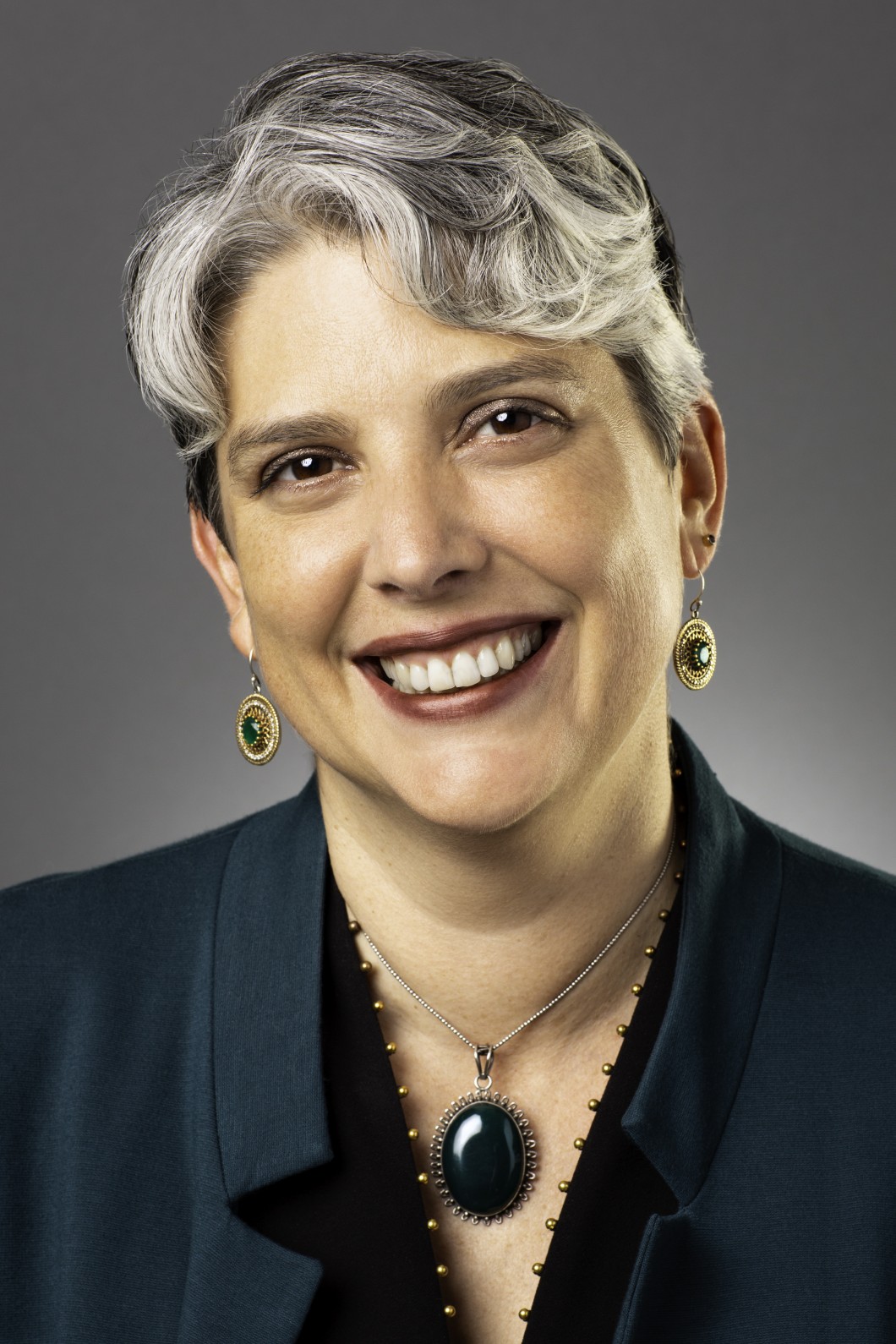Spotlight: Cara Giacomini

What's guided Cara Giacomini in her 20 years in higher education is learning.
"What connects all the work I've done is a learning mindset," says Giacomini, CASE's new chief research and data officer. "This is also what I like most about my work: I get to learn every day on my job."
Before joining CASE, Giacomini served as the University of Washington's director of analytics, building a strong data culture and pioneering efforts to build infrastructure and expertise in digital analytics. At CASE, Giacomini will lead its AMAtlas initiative for data, benchmarking, analytics, and original research to the educational advancement community worldwide.
Here, she shares how data can help teams solve big challenges, how asking smart questions is the key to success, and how speaking up matters—especially for woman in technology.
You have a Ph.D. in English. How did you make your way to analytics and educational technology work? What do you like most about the work?
When you look at the starting point and the end point it looks like a big shift, but like most big shifts it occurred in a series of small steps over years. The initial entry point was technology. In the English department, I had an appointment as the assistant director of computer integrated courses, where I helped faculty and teaching assistants integrate new tools into their curriculum. This led to an opportunity to work with a research team on campus to evaluate the effectiveness of the technology interventions. I started off doing the qualitative assessments in the studies—my English training easily carried over there—but over time moved into the quantitative aspects as well. Eventually I explored other types of data sources and tools and moved into more administrative data needs, which involved pulling and examining data from databases.
What connects all the work I’ve done is a learning mindset. This is also what I like most about my work: I get to learn every day on my job. Also, the data you get out of inquiry are only as useful as the questions you ask. Asking smart questions is the key to success.
How did you get your start in advancement?
I have worked in higher education for over 20 years, but shifted to advancement two and a half years ago, when I became director of advancement analytics for the University of Washington. Prior to that, I was in the information technology department for the university. So, my perception of advancement has always been through the lens of our data.
What do you think are the biggest challenges facing institutions around data and analytics right now?
One of the biggest challenges is where and how data conversations take place. It is important that data are a part of the overall strategy of the organization, so that we answer the challenging, important questions. What story does this information tell us? Too often, analytics conversations happen more as an afterthought. People tend to gravitate toward numbers that confirm what we know and we can end up celebrating things that are already working. While that's important, this isn't using data to help answer big questions. If used thoughtfully, data can be more than a set of diagnostic tools: they can be to help institutions overcome challenges.
What are you most looking forward to as CASE's new chief research and data officer?
As our new chief research and data officer, I’m most excited by the wealth of data—a treasure trove of global information—that I get to work with every day. I look forward to helping institutions glean useful insights from those data. My passion is helping others to identify strategic questions and to gather the right data to begin to answer those questions.
What’s the best piece of career advice you’ve ever received?
Don’t be afraid to take up space. I think this is especially important for women. I spent a lot of my career in technology, where it is hard for a woman to be taken seriously as a technical contributor, especially in an emerging field. It is important to bring all your skills to the table, without artificially diminishing them to fit the expectations of others. This is about being authentic. The more authentic you are the easier it is to build meaningful relationships with colleagues. And, as we all know in advancement, relationships are the center of everything.
Finally, what’s something interesting you keep in your home office?
Something unique I have in my home office is a weaving I bought in college during a semester-long study abroad in Ecuador. It is a double-sided weaving in a complicated pattern. When I look at it, I think of the patience it must have taken to create something that complex, when you could only see a small section at a time—yet over time the complete pattern would become more and more evident.